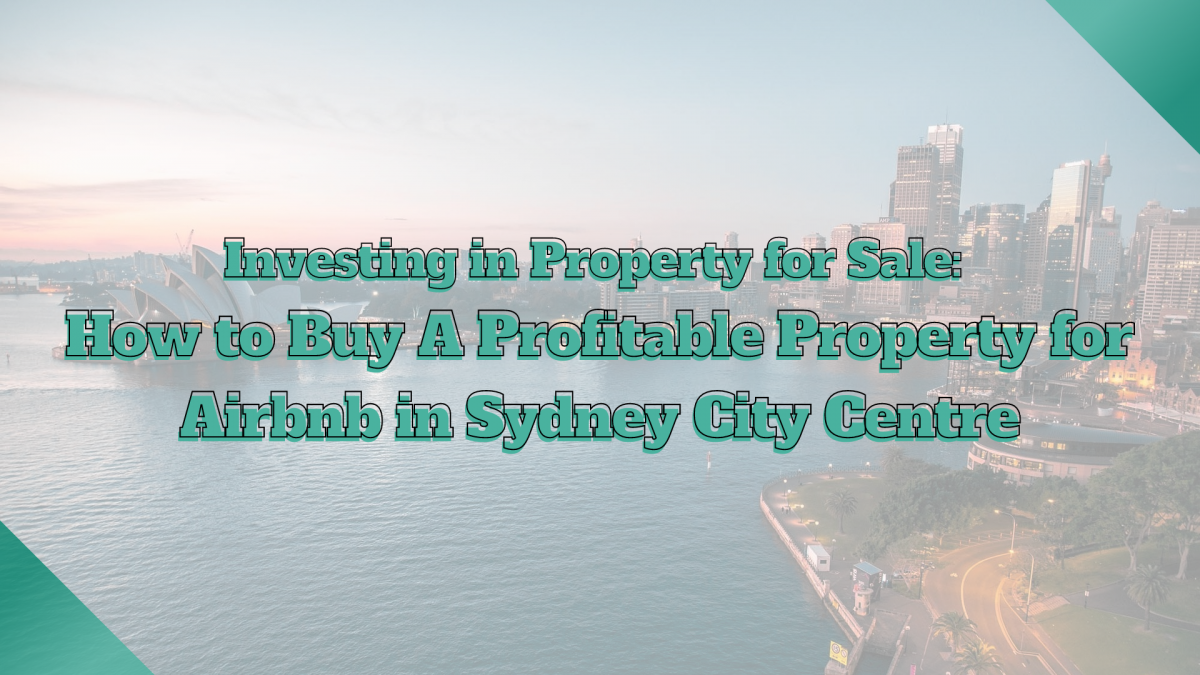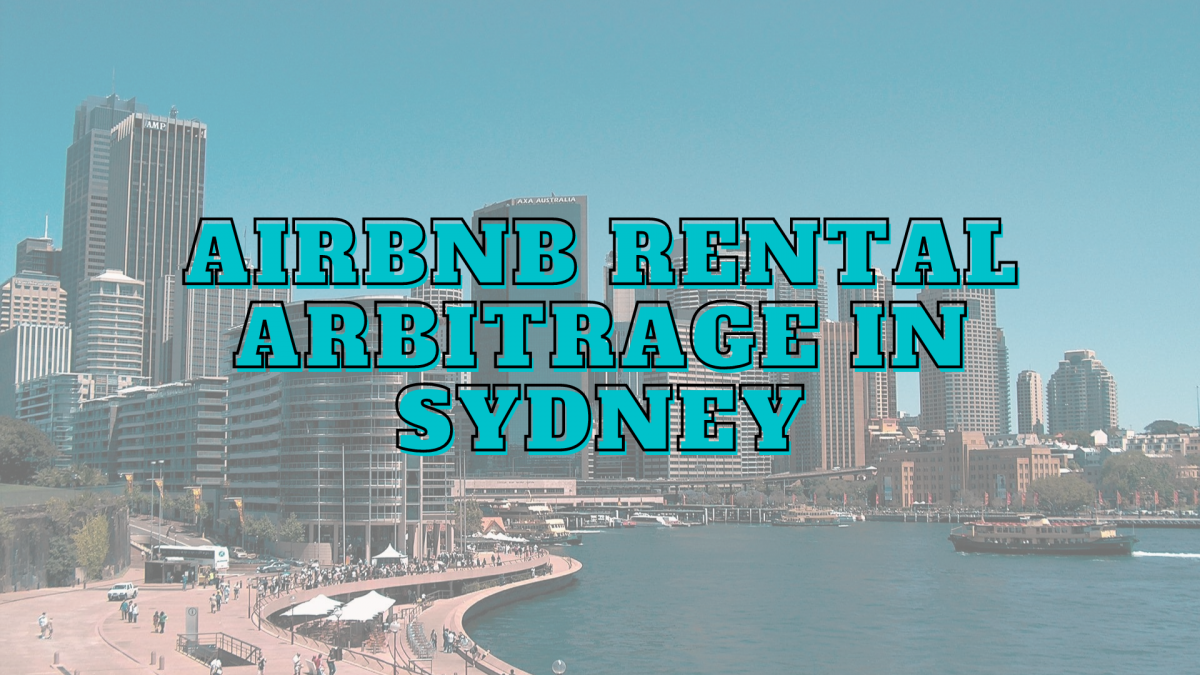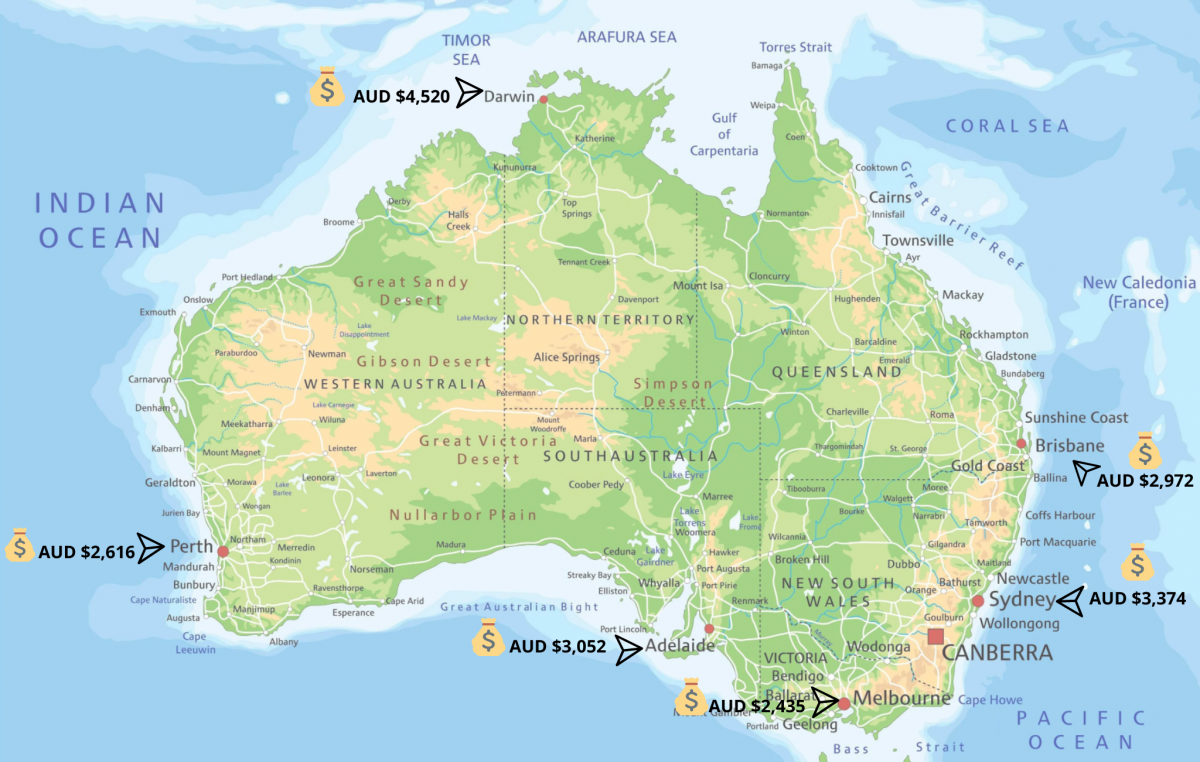Short Term Rental vs Long Term Rental in Australia: Should you do short-term rental vs long-term rental in Australia this 2023? Be informed and make your rental property recession-ready! Home > Resources > Airbnb Investment > Short Term Rental vs Long Term Rental in Australia Airbnb Investment Short Term Rental vs Long Term Rental in […]









